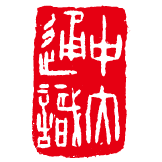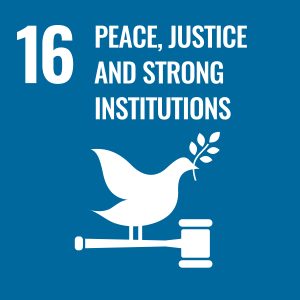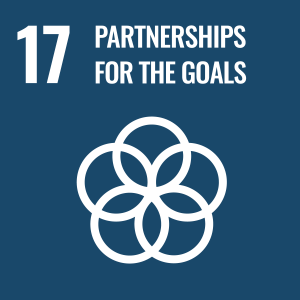UGEC1835 Culture of Hong Kong
Time
Lecture: Wednesdays 12:30 a.m. - 02:15 p.m.
Tutorial: Wednesdays 02:30 p.m. - 03:15 p.m.
Wednesdays 03:30 p.m. - 04:15 p.m.
Instructor
Dr. TANG Wai Man
Medium of Instruction
Cantonese
Course Description
(UGEC1835 is double-coded with ANTH1410.)
This course introduces students to characteristic aspects of Hong Kong culture. It will cover a wide range of cultural changes that have taken place since WWII. The course starts with an introduction to anthropological research in Hong Kong, and looks at topics including village culture and urbanization, food culture, marriage, family and gender, religion, and popular culture. Underlying most topics are questions of the modern versus the traditional, rural versus urban, cosmopolitan versus parochial, and how all these opposites interact to construct culture in Hong Kong. Hong Kong has been developed at a rapid pace since WWII. This course also discusses to what extent the development in Hong Kong meets the 17 Sustainable Development Goals (SDGs), in particular in the area of gender equality, cultural inclusiveness, and socially responsible production and consumption.
Learning Outcome
- Explicate the development of Hong Kong culture after the Second World War, including changes in the urban and rural areas, and critically identify the different factors affecting such development.
- Analytically discuss aspects of culture that they had previously taken for granted, including daily activities such as entertainment, food culture, and religious and secular rituals.
- Analyze different local lifestyles and their interaction with the changing environment, as well as the role of tradition and globalization.
- Identify and explicate aspects of the unity and diversity of culture in Hong Kong, and the processes that mold and shape cultural identity.
- Formulate research design on topics concerning Hong Kong, engage in cultural data collection, and present and communicate research results.







